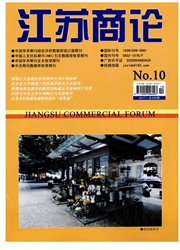

 中文摘要:
中文摘要:
基于生态文明理念,以重庆市为实证研究对象,采用案例分析、层次分析法、风玫瑰分析法对重庆宜居城市建设的现状进行了评价分析,发现重庆市的生态宜居性总体水平较差,虽然其经济发展与基础设施建设良好,但是文化教育、生态环境、社会保障三项指标存在明显短板.在今后的建设中,重庆应该积极寻求“新常态”下高效率、低成本、可持续的宜居城市建设之路,坚持五大功能区的定位延续其组团式的城市空间格局,大力发展生态产业,完善城市公共服务体系,加强科教文卫事业的投入,以此构建山水城市、宜居城市.
 英文摘要:
英文摘要:
Based on the theories of ecological civilization, the paper selects Chongqing as the research object to evaluate its construction actuality of livable city with case study method, analytic hierarchy process (AHP) and wind rose diagram method. It is found that the level of eco-livability of Chongqing is low. Chongqing has a good economic development and perfect infrastructure, but the other three indexes including culture & education, ecological environment and social security are in inferior positions. In the future, Chongqing should look for an efficient, low-cost and sustainable path to construct livable city, which aims at continuing urban agglomeration group pattern, developing ecological industry, improving public service system and increasing the input in the science and education.
 同期刊论文项目
同期刊论文项目
 同项目期刊论文
同项目期刊论文
 期刊信息
期刊信息
